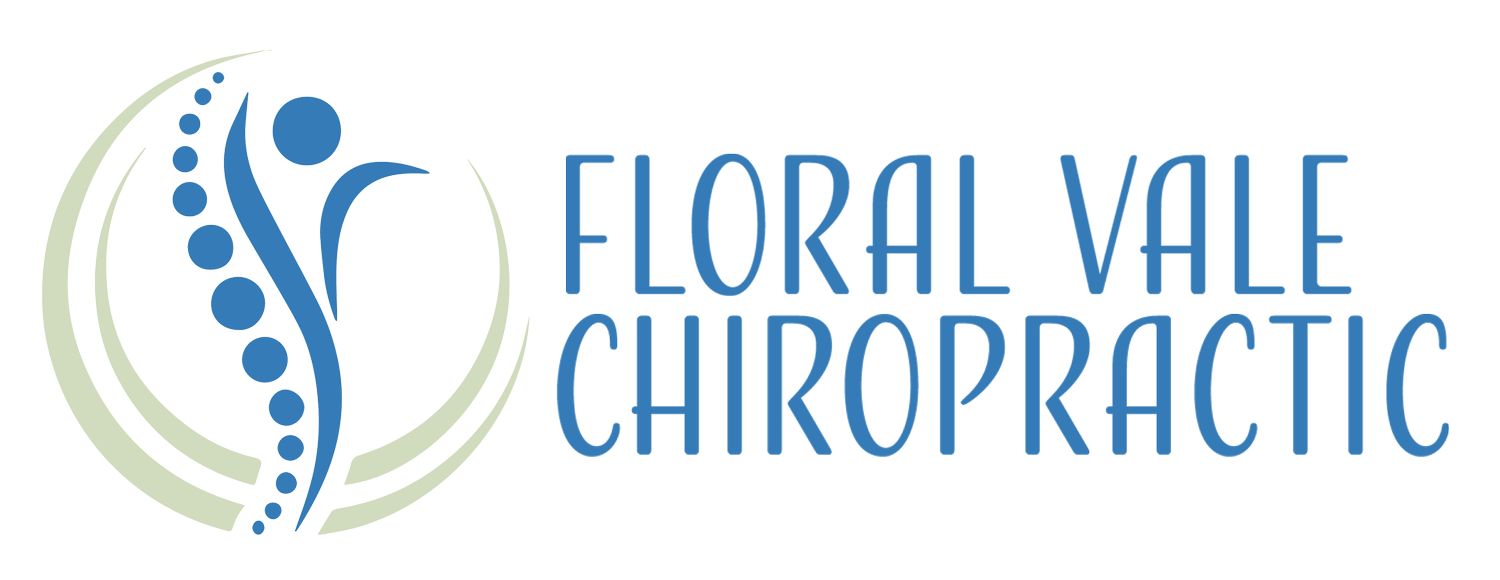Just as your car needs shock absorbers to operate properly, your body also has its own set of shock absorbers. The discs (or "shock absorbers) of your body and spine work with the natural curves of your spine to reduce stress and pressure as you move. These discs separate each vertebra, and create the space needed for your nerves to exit your spinal cord, which is what allows them to keep your organs and body tissue healthy. Rings of fibrous tissue called the annulus contain a soft jelly center. You need these to be healthy and aligned, keeping your body on track.
When worked too hard, your car's shock absorbers will get damaged. The same principle applies to your discs. They can degenerate, bulge, tear, and herniate (but they don't "slip" - a commonly misused term). If you are suffering from low back pain, there is a possibility it is due to a herniated disc or other disc issues.
The following two common disc problems can be helped with chiropractic care.
BULGING DISCS
If an area around the annulus becomes weakened or out of place, the soft center is allowed to bulge out, which puts pressure on the surrounding nerves. If you are experiencing bulging discs, chiropractic care can provide relief. Bulging discs respond well to realignment and often eliminate the need for major surgery.
HERNIATED DISCS
A bulging disc certainly causes discomfort, but a ruptured or herniated disc is a more serious issue. Herniated discs take place most commonly in the lower back, though they can occur anywhere in the spine. When the soft center of the annulus is pushed through a weakened area due to trauma or degeneration, a ruptured or herniated disc occurs. This causes great pressure to the spinal cord, leading to extreme pain and discomfort.
Simple steps such as drinking plenty of water, improved nutrition, and walking combined with chiropractic care can offer a non-surgical alternative for many disc issues, and put you on the path to a healthier lifestyle.


